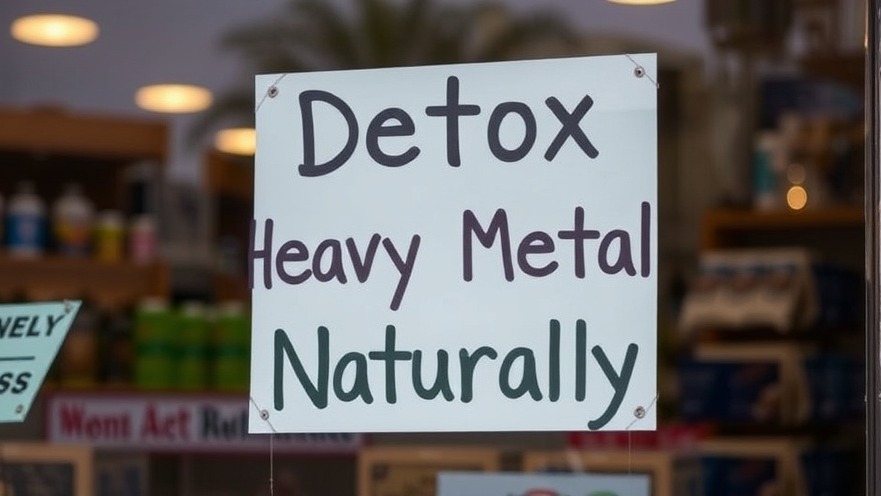
Empower Yourself: Understanding Cancer Awareness and Prevention.
In today's world, cancer awareness is more vital than ever. With a staggering statistic showing that one in eight women in the United States will receive a breast cancer diagnosis, it's important to take control of our health and recognize the risk factors associated with cancer. This article draws on insights shared by Dr. Delana Wartlow and Dr. Elena McDonald in their podcast, where they discuss various cancers, their prevention, and the importance of screening.
In 'Cancer Awareness & Prevention,' the discussion dives into the critical importance of cancer screenings and preventive measures, prompting us to explore key insights further.
The Importance of Knowing the Risk Factors
While some risk factors for breast cancer—such as age, family history, and biological sex—are beyond our control, understanding them can empower proactive health choices. Smoking significantly increases the risk of developing breast cancer, making cessation a necessity. Additionally, prolonged menstrual cycles and prior radiation exposure can contribute to heightened risks. Being aware of these factors allows us to have informed discussions with healthcare providers about our personal risks.
Understanding Preventive Measures
Preventive screenings play a crucial role in early detection and improving outcomes. Women should become familiar with their own bodies and be vigilant about noting any changes. Regular physical exams can include breast examinations by healthcare professionals. However, the most crucial screening tool remains the mammogram, typically recommended to commence around the age of 40, particularly for African-American women who face a higher mortality rate from breast cancer. Despite being uncomfortable, prioritize this vital test as it can detect cancer before symptoms appear.
Colon Cancer: An Even Greater Opportunity for Prevention
Colon cancer represents an optimal scenario for prevention. Often developing from polyps—non-cancerous growths that can turn malignant—early detection through colonoscopies can save lives. The recent shift in recommendations to start screenings at age 45 underscores the urgency for all adults to take this test seriously. With colon cancer being preventable, scheduling a colonoscopy after discussing any symptoms with a healthcare provider is paramount.
The Treatment Landscape: From Detection to Follow-Up
If polyps are found during a colonoscopy, they can be removed immediately, reducing the likelihood of progression to cancer. If there's any sign of cancer, early intervention increases survival chances significantly. It’s crucial to establish a follow-up plan, as the frequency of subsequent screenings can vary based on individual circumstances and findings during the initial procedure.
Prostate Cancer: Breaking Down Barriers
For men, understanding prostate cancer and its screening options is equally important. Prostate cancer is often slow growing, but early detection through PSA blood tests and digital rectal exams can change the course of treatment significantly. African-American males are at a heightened risk, making awareness and early screenings all the more essential. Conversations about prostate health should be normalized, as the stigma surrounding these examinations can deter men from seeking necessary care.
Engaging in Conversations About Cancer Prevention
Engaging in open dialogues within families about health history and cancer experiences can enhance awareness and prevention. Many people are unaware of their familial risks, and talking openly can empower individuals to seek necessary screenings. Initiatives to provide mammograms and colon cancer screenings in communities, especially for underserved populations, can help mitigate disparities in care.
Key Takeaways: Your Health is in Your Hands
Cancer awareness and prevention require proactive engagement from individuals across all demographics. Knowing the risk factors, maintaining preventive screenings, and communicating openly with healthcare providers are critical steps in combating cancer's prevalence. Remember, early detection saves lives; don’t wait until symptoms arise. Schedule those screenings, understand your body, and advocate for your own health.
Take Action: Schedule Your Screening Today
Don't procrastinate when it comes to your health. If you're due for a mammogram, colonoscopy, or prostate screening, make that appointment today! Early detection is key to successful treatment and better outcomes.
 Add Row
Add Row  Add
Add 




Write A Comment